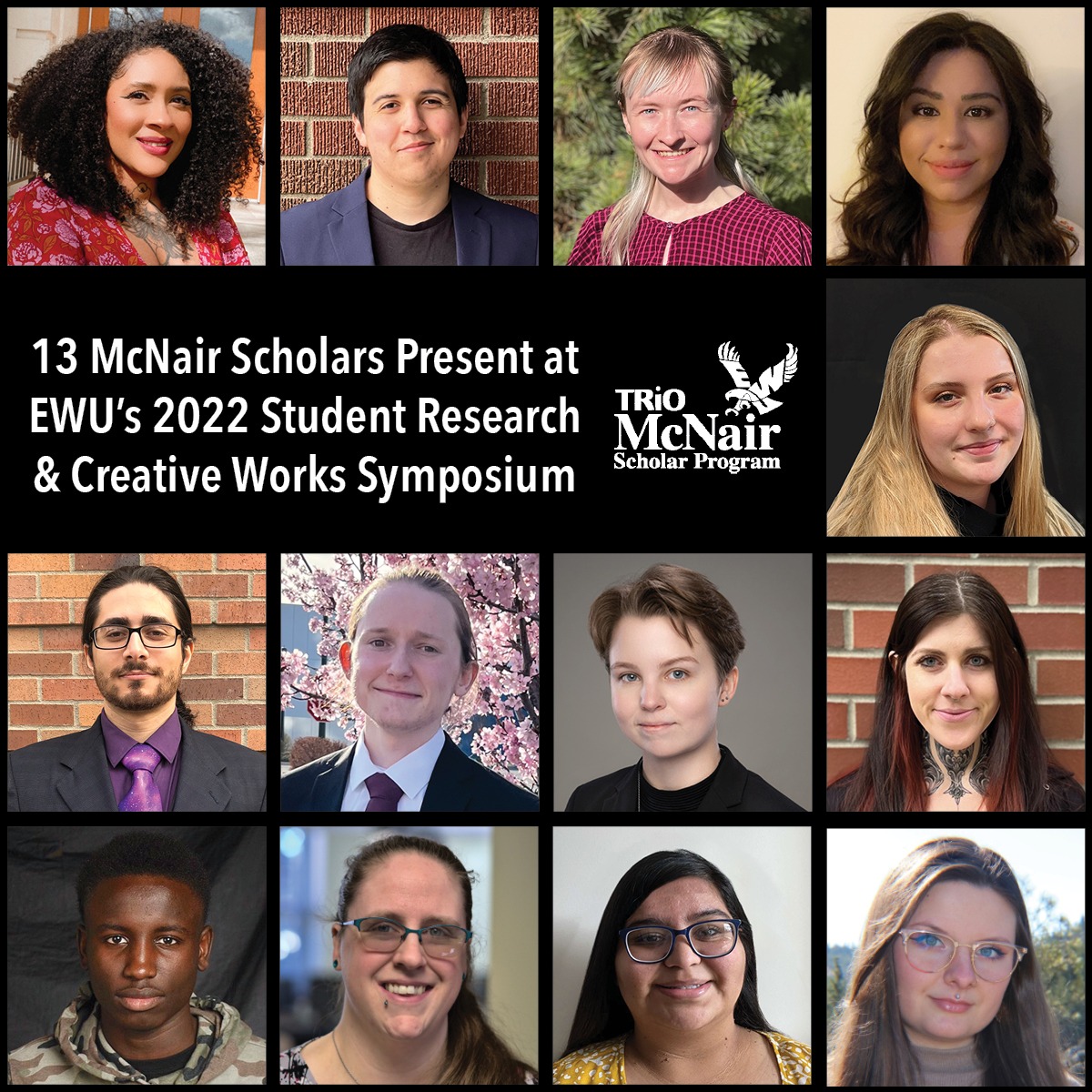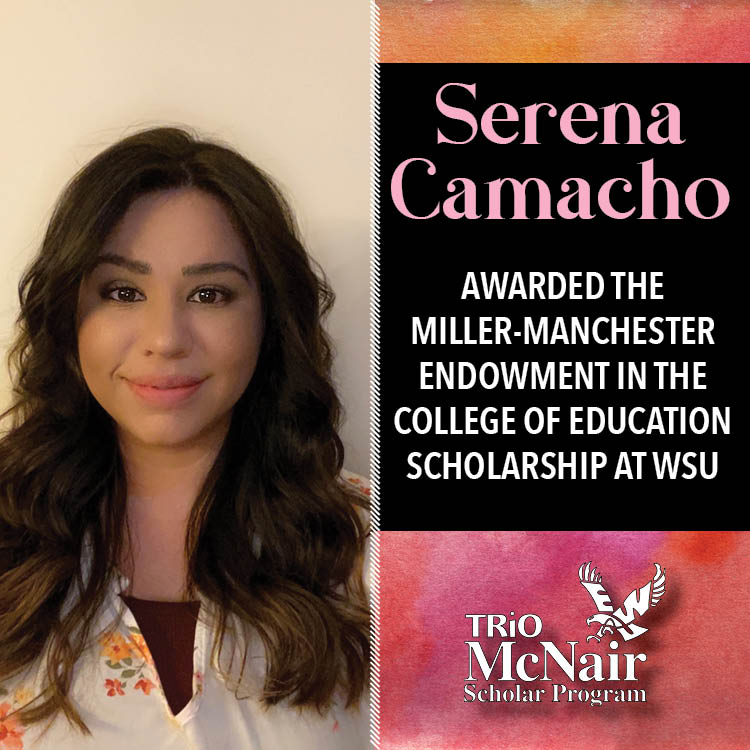Serena Camacho
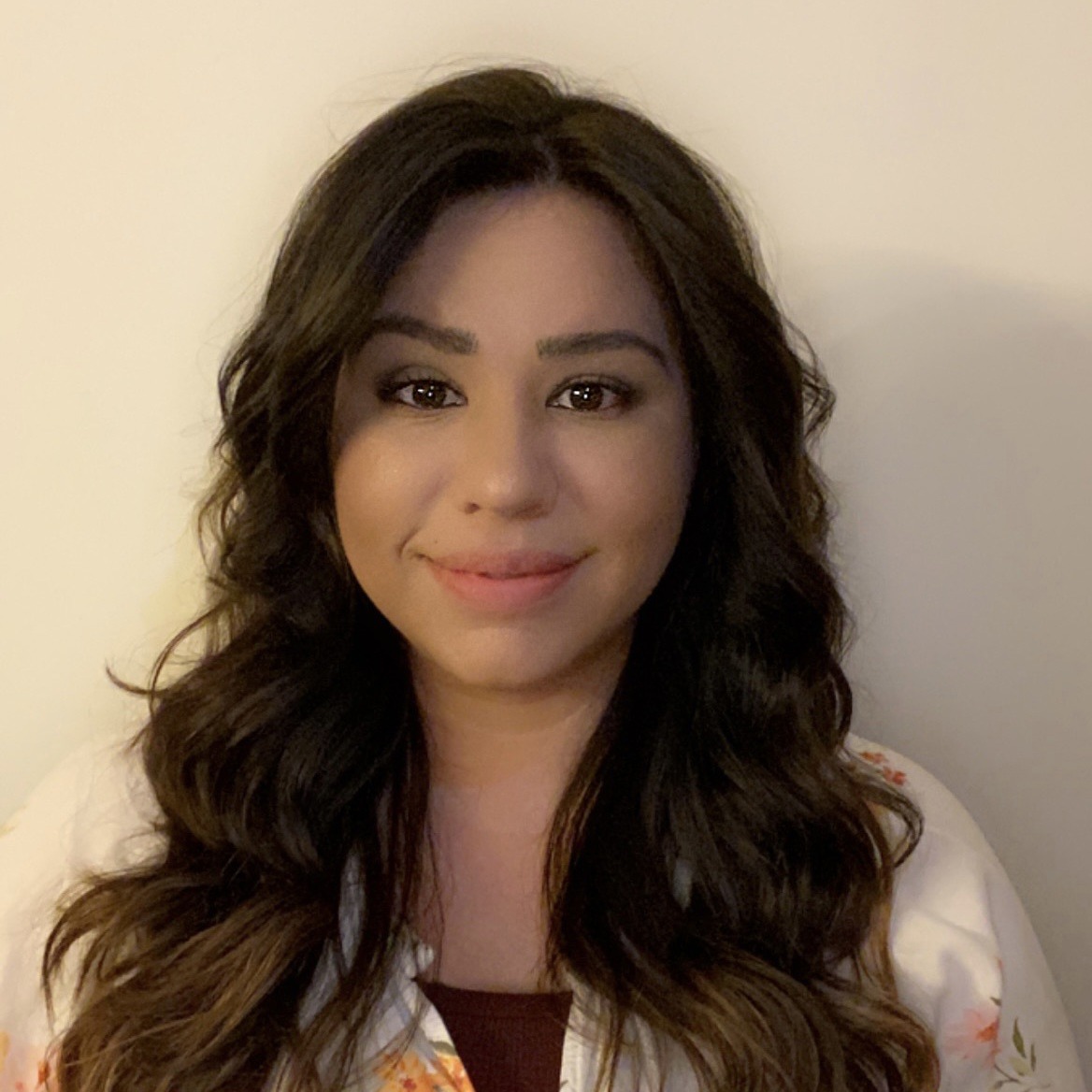
Serena M. Camacho graduated in 2023 with a BS in Health Psychology from Eastern Washington University. Prior to transferring to EWU Serena received her Associates in Applied Science from Spokane Falls Community College where she made the President’s/Vice President’s list every quarter of attendance. Her research interest are in trauma based healing, family counseling, mental health awareness, LGBTQ+ rights, feminism, research surveys and sociological inequalities. Serena is beginning research on PTSD as well as the effectiveness of social surveys. Her hobbies include working out, yoga, meditation, woodworking, and renovating her home. Some of her long term goals are to improve early detection of mental disorders and diseases in children as well as improving the understanding of the complexity of PTSD. For her 2022 McNair Summer Research Internship she worked under the mentorship of Dr. Camille Frank on a project titled Higher Education: Student Success and Supplemented Educational Participation.
Serena will be attending Washington State University‘s PhD in Cultural Studies and Social Thought in Education program in Fall 2023.
2022 EWU Faculty Research Mentor: Dr. Camille Frank
Research Title: Higher Education: Student Success and Supplemented Educational Participation
Abstract: Support and inclusion are both foundational parts of a student’s experience at community college campuses, inside and outside of the classroom (Zamani, 2016). Academicsupplemented programs such as McNair Trio, honor societies and non-academicsupplemental programs such as racial affinity groups purport to provide support and inclusion. The structure of supplemented programs/clubs within the community college setting is the fundamental ideology behind my research. How does the student’s participation in supplemented programs both academically and non-academically such as clubs and student organizations affect their academic success? After researching the topic of supplemented educational programs (Nelson-Brown, 2005), I found an underrepresented collection of research. The intended use of the term supplemented educational programs is to use the term to identify student clubs, organizations, memberships, and classes that do not accumulate credit towards a degree path. Identifiable programs are TRIO McNair, LGTBQ+ clubs and organizations, diversity club, Honors societies, etc. For the remainder of this literature review supplemented educational clubs both academic and non-academic will be referred to as supplemented student programs. Current research does identify a need for the student with specific relation to gender, race, or wealth (Zamani, 2016). My intended goal is to identify any correlations between supplemented student programs, groups, or clubs and the students’ success. My demographic will be community college students, I will investigate the experiences of community college students from 4 different community college campuses exclusive to Washington State. Through structured interviews, I will sample the experiences of community college students in supplemented student programs. Administrators in supplemented student programs will also be interviewed regarding their perceptions of student experience. These interactions will be measured through interviews analyzed following generic qualitative analysis and reported student success rate through graduation. I acknowledge that all participating campuses will have varying degrees of club participation.
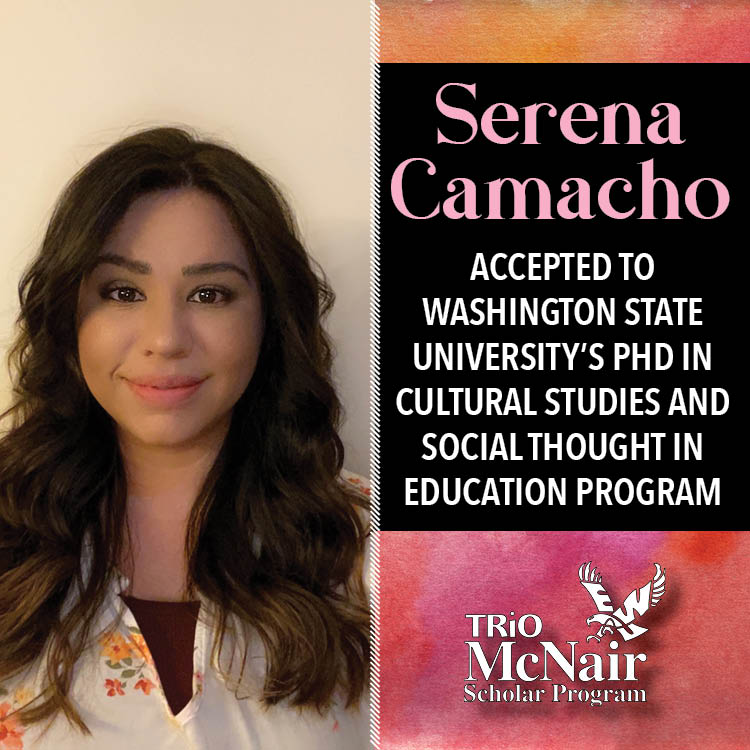
EWU McNair Scholar Serena Camacho Accepted to Washington State University PhD in Cultural Studies and Social Thought in Education Program
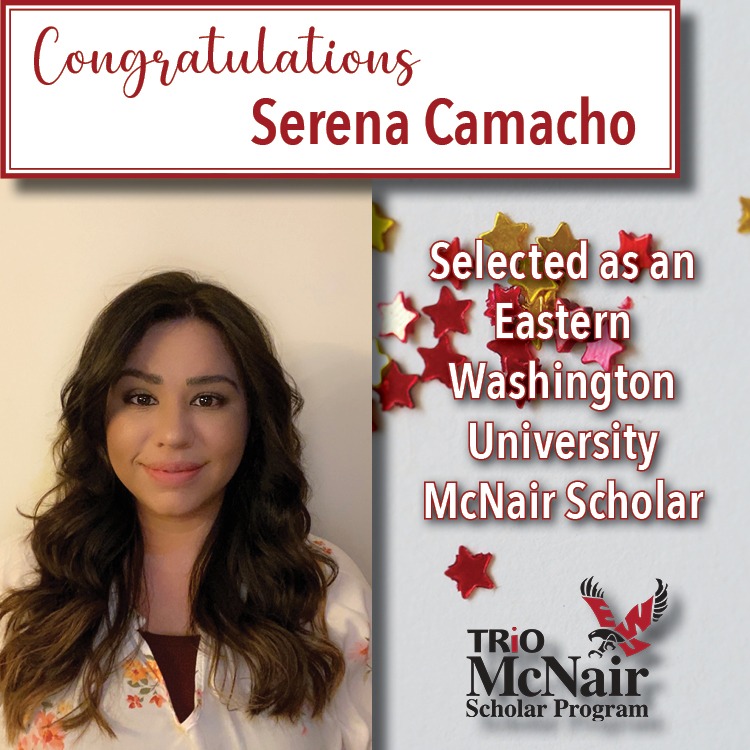
Serena Camacho Selected as an EWU McNair Scholar and Awarded Summer Research Internship
